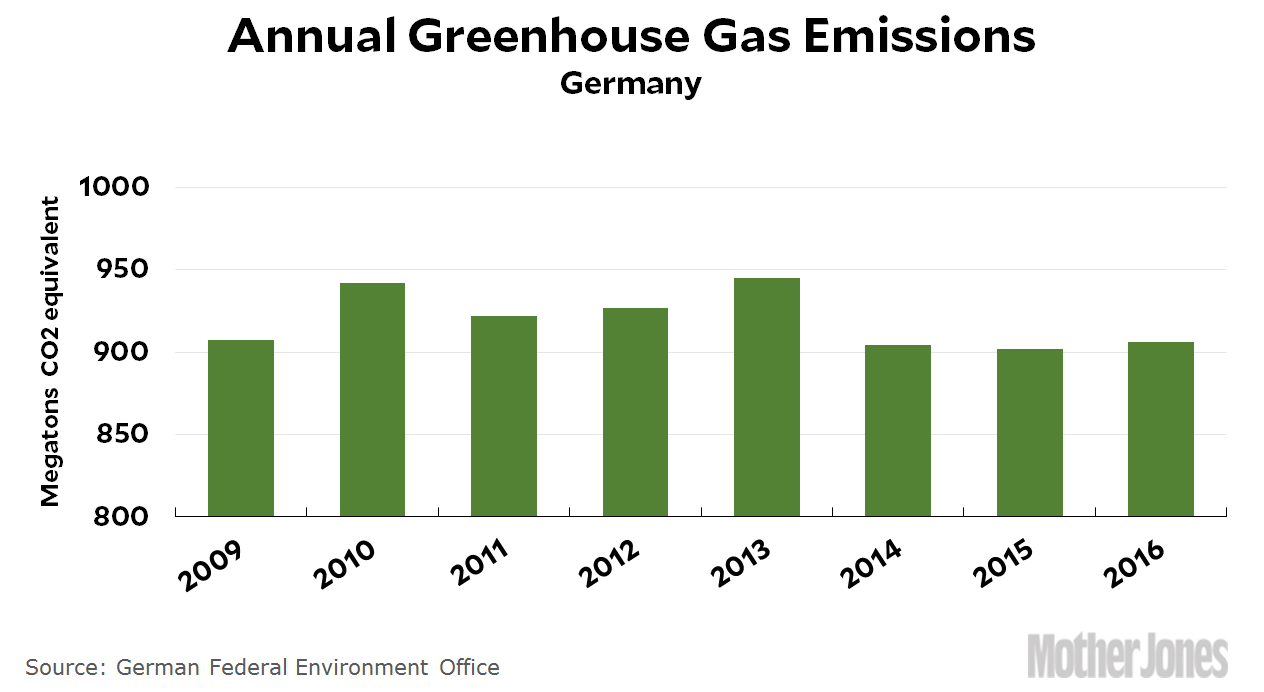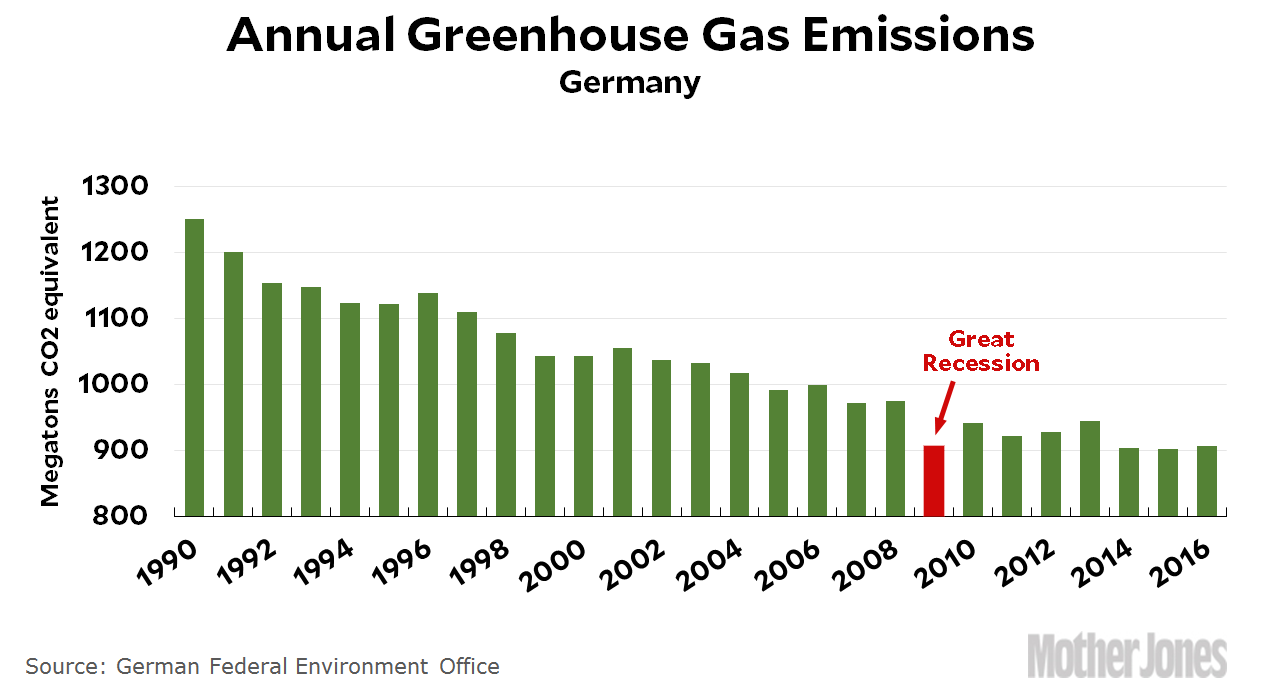As you may know, the New York Times hired Bret Stephens a couple of weeks ago as a new columnist on their op-ed page. Stephens is a conservative who previously worked at the Wall Street Journal, and he’s a climate…something. Climate denier? Climate skeptic? In the past he was probably closer to being a denier, but these days he’s softened and is now a skeptic.
In any case, his hiring set off a wave of outrage among progressives. But I sort of shrugged. The guy’s a Pulitzer Prize winner, after all, and being a climate skeptic is practically a guild requirement among conservatives. If you don’t allow climate skeptics on your op-ed page, you’re going to have a hard time finding any conservative voices.
Then he wrote his first column, and he jumped straight into the maw. It was a pretty bad column, basically saying that, hey, scientists have been wrong before, so maybe they’re wrong this time. That was it—except for a single factual statement, which he botched and had to have corrected. I sighed. Can’t we just change the subject to how tax cuts always pay for themselves?
No we can’t. Stephens’ second column was about climate change again. It was essentially a variant of the first column: sometimes scientists have been wrong about how to reduce greenhouse gases, so maybe they’re still wrong and we don’t even know how to do it. This is tedious, lazy, and sloppy, but it turns out it was more than that. One of his exhibits was Germany’s nationwide effort to reduce greenhouse gas emissions. It’s been a failure:

Yikes. As Stephens says, “emissions are almost exactly what they were in 2009.”
But wait. Remember those global warming charts that carefully started in the year 1998, an unusually warm El Niño year, to show that warming had stopped dead in its tracks? That was literally the only starting year that gave this illusion, and climate deniers gleefully used it for over a decade until they finally had to stop thanks to the warming of the past few years, which smashed past all the old records.
Well, James Wimberley points out that Stephens did the same thing: he started with the Great Recession year of 2009, when GHG emissions were unusually low. Here’s the full run of data since 1990:

As you can see, 2009 is literally the only year that gives the illusion of Germany making no progress. So that’s the year he used. This is yahoo hucksterism at its worst.
It’s also something that columnists imbibe with the drinking water at the Journal editorial page. Hardly a piece goes by that doesn’t include some kind of egregious statistical flim-flam. This points toward the real mistake the New York Times made. It’s not that they hired a climate skeptic. You can hardly avoid that among conservatives these days. The real mistake is that they imported the ethics of the Wall Street Journal editorial page. I don’t know if you can train that out of a person once they’ve spent more than a decade there.














